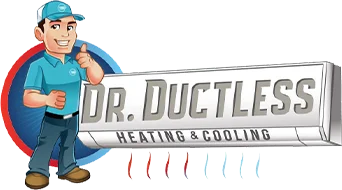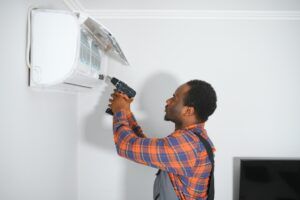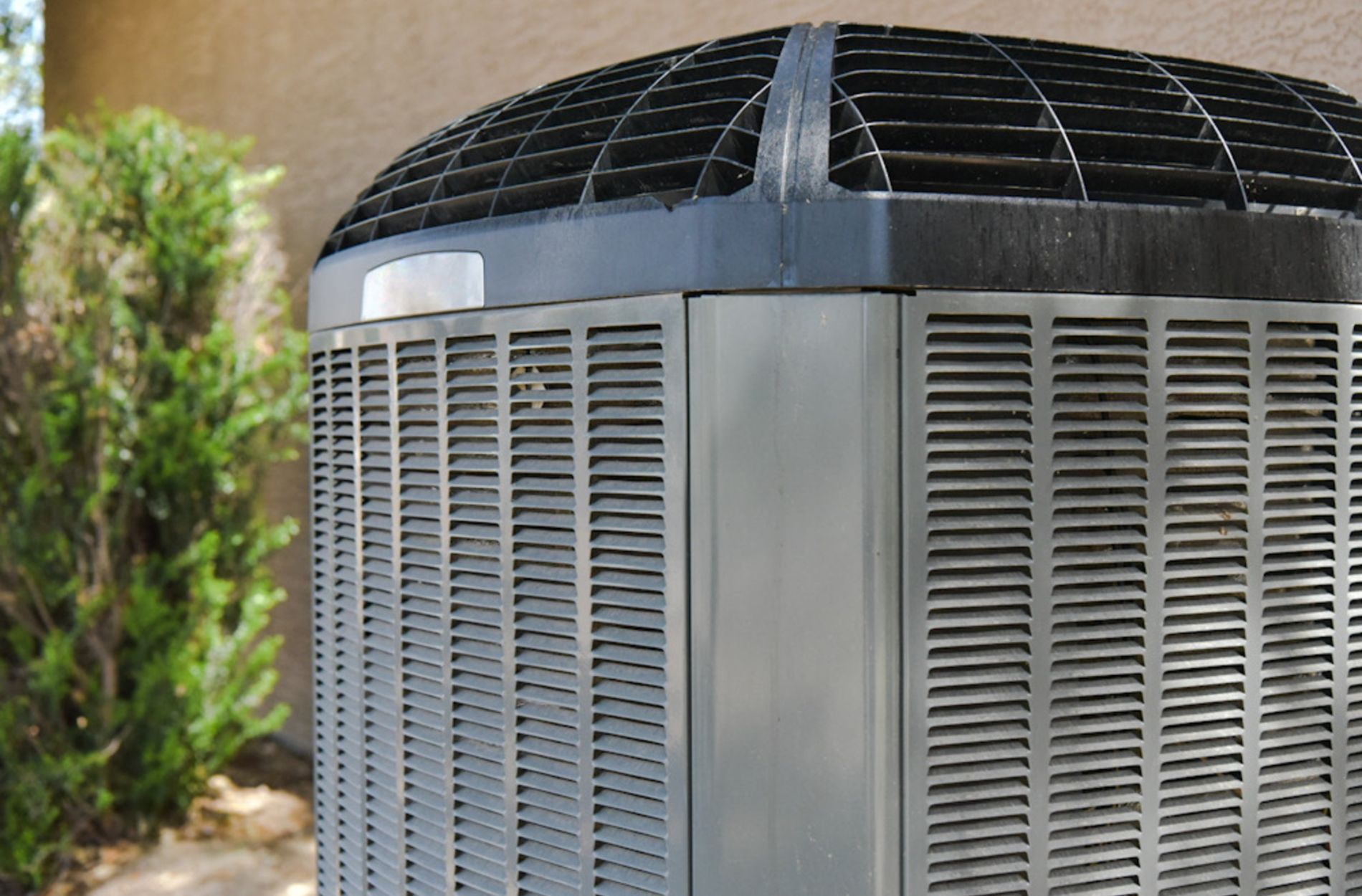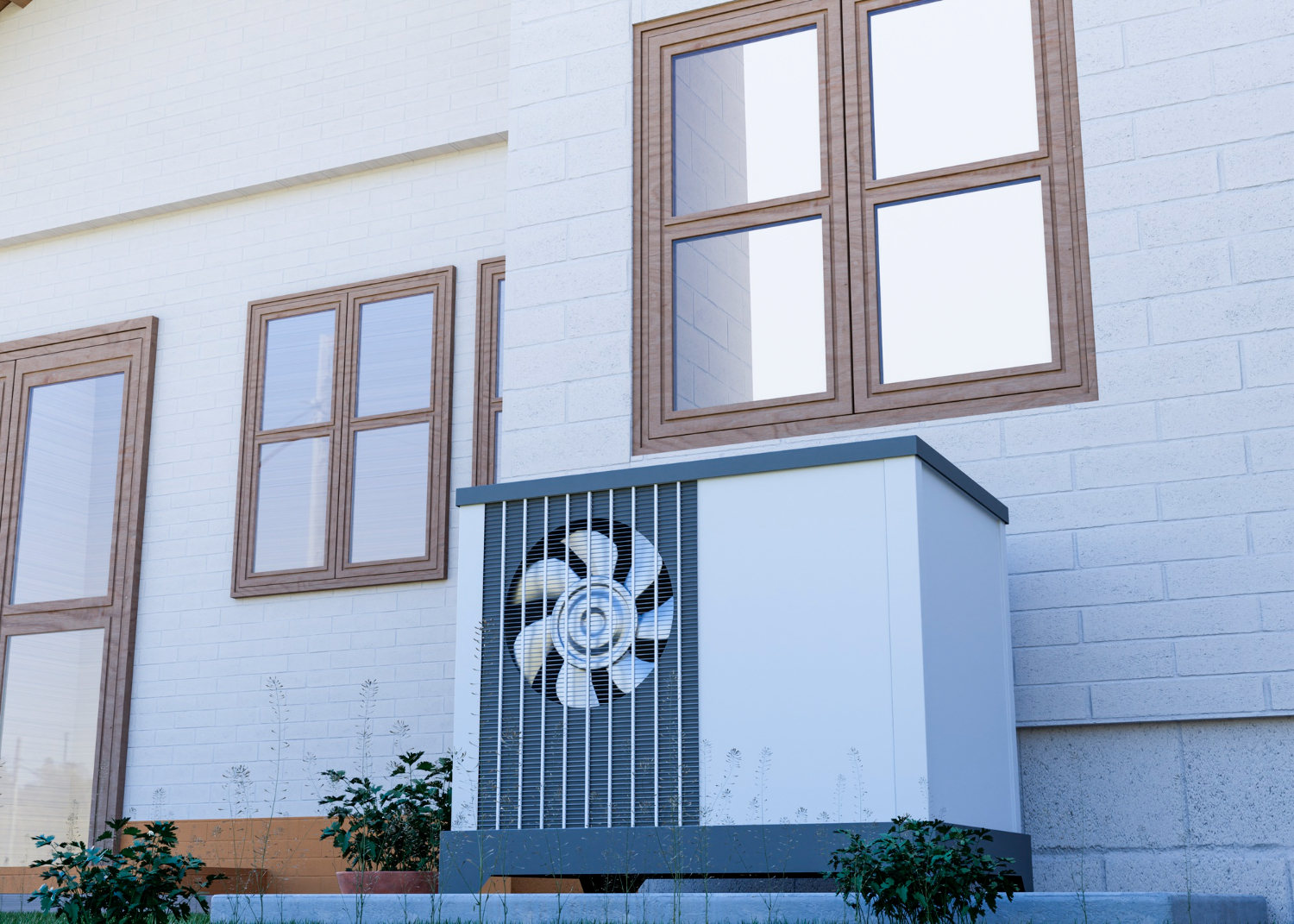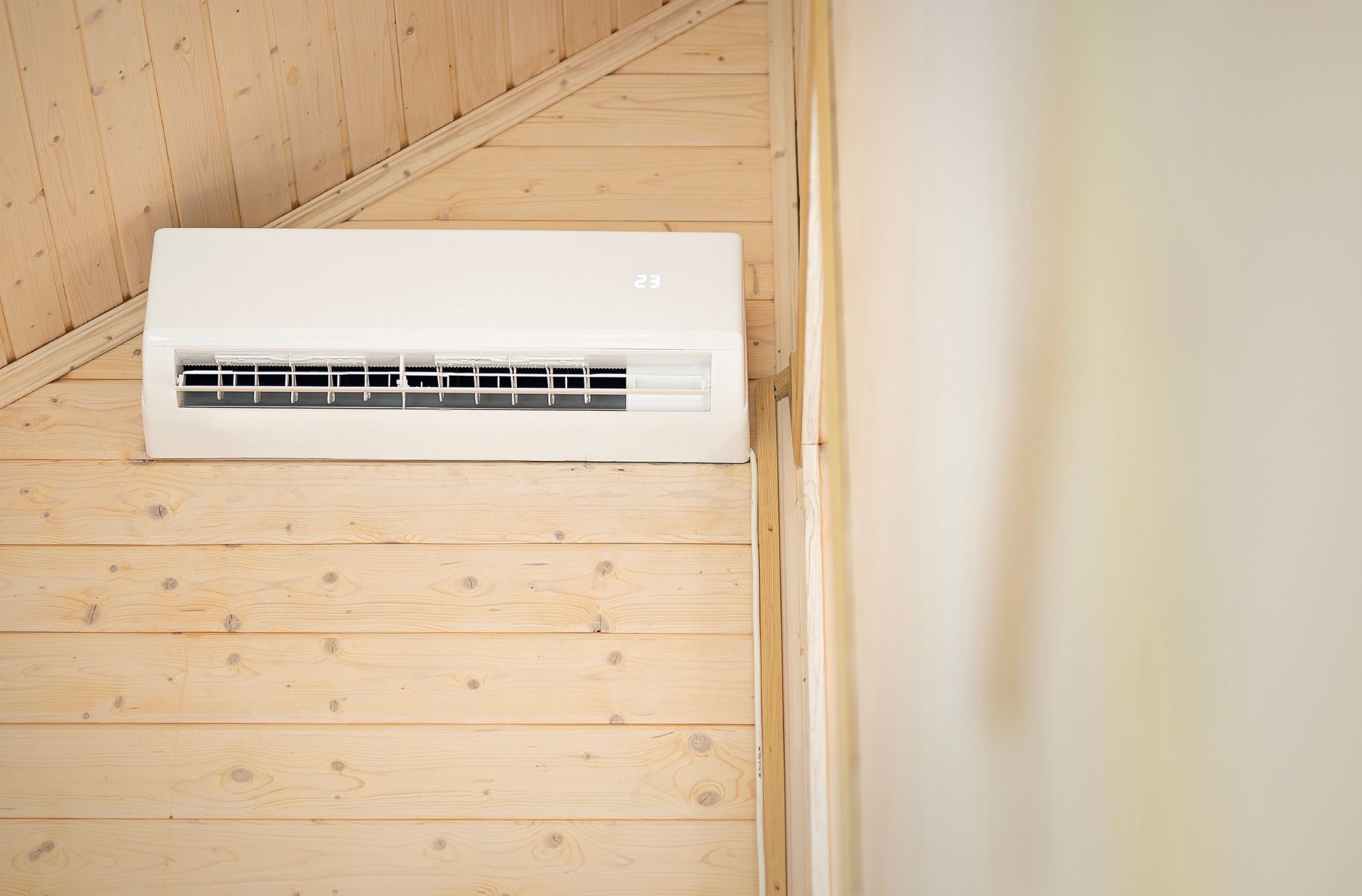The upcoming 2025 refrigerant regulations will soon change the landscape of HVAC systems. These new rules aim to reduce the environmental impact of certain refrigerants commonly used in air conditioning and heating units. While this shift is essential for environmental protection, it will have significant financial implications for homeowners and businesses alike.
Understanding The 2025 Refrigerant Regulations
The 2025 refrigerant regulations are set to change the HVAC industry significantly. These new rules aim to phase out older refrigerants known for their high environmental impact. Specifically, refrigerants like R-22 and R-410A, which have been popular in many air conditioning systems, will be replaced with more eco-friendly alternatives.
These changes mean that HVAC manufacturers must adapt by producing units that comply with the new regulations. Older systems using phased-out refrigerants will become increasingly difficult and expensive to service. Homeowners and businesses with existing systems will need to consider upgrading to compliant units that use the new refrigerants.
The regulations are being introduced to reduce the environmental footprint of HVAC systems. The refrigerants targeted for phase-out contribute significantly to global warming and ozone layer depletion. The 2025 regulations reflect a growing emphasis on sustainability and environmental responsibility in the HVAC industry.
Financial Impact Of New Refrigerant Costs
The financial impact of new refrigerant costs is a crucial factor to consider. As the older refrigerants are phased out, their supply will diminish, causing prices to rise. This increase will affect the cost of servicing existing HVAC systems that rely on these refrigerants. Homeowners may face higher maintenance costs and potential delays, as the availability of these refrigerants continues to decline.
Upgrading to a new HVAC system that uses compliant refrigerants can be a more cost-effective solution. Although the initial investment might seem high, it will save money in the long run by avoiding the inflated costs associated with outdated refrigerants. Modern systems are also more energy-efficient, contributing to lower utility bills and operational costs.
Additionally, switching to new refrigerants can offer various incentives and rebates from manufacturers or local authorities. These financial benefits can help offset the initial cost of upgrading. In summary, acting now to upgrade your HVAC system can prevent future financial burdens and maximize savings over time.
Benefits Of Upgrading Your HVAC System Now
Upgrading your HVAC system now can offer several compelling benefits. One of the most significant advantages is avoiding the future price increases associated with refrigerants being phased out. New systems will use eco-friendly refrigerants that are more readily available and cheaper in the long run.
Modern HVAC systems also offer better energy efficiency. Upgrading to a new system means lower monthly utility bills, as these newer models are designed to consume less power while providing optimal performance. Energy-efficient systems help you save money and contribute to a greener environment by reducing your carbon footprint.
Additionally, upgraded systems often come with extended warranties and modern features. These new features, such as smart thermostats and variable-speed motors, offer better comfort and control over your indoor climate. Upgrading now ensures that your HVAC system is compliant with the upcoming regulations, providing peace of mind and avoiding last-minute rushes when the 2025 rules take effect.
How Professional Installation Can Save You Money
Professional installation is crucial for maximizing the benefits of your new HVAC system. Our professionals have the expertise to ensure your system is installed correctly, optimizing its performance and longevity. Proper installation minimizes the risk of future breakdowns, which can result in costly repairs.
One of the key ways professional installation saves you money is by ensuring your system runs efficiently from day one. Incorrect installation can lead to issues like poor airflow or refrigerant leaks, which can compromise your system’s performance and increase energy consumption. Our technicians follow industry best practices to avoid these pitfalls, setting up your system for success.
Another benefit of professional installation is the assurance of compliance with all local codes and regulations. This compliance can prevent potential fines or additional costs associated with non-compliant installations. Ultimately, investing in professional installation ensures your new HVAC system operates at its best, providing reliable comfort and savings.
Conclusion
The upcoming 2025 refrigerant regulations will significantly impact HVAC costs, making now the perfect time to upgrade your system. Understanding these regulations and their financial implications can help you make informed decisions. Upgrading your HVAC system now allows you to avoid future price increases and benefits from improved energy efficiency and modern features.
Professional installation plays a vital role in maximizing these benefits. Our technicians ensure your new system is set up correctly, promoting optimal performance and compliance with local codes. The expertise of our professionals minimizes the risk of future issues, saving you time and money in the long run.
Whether you’re dealing with or split AC unit or ductless air conditioner installation in Los Angeles, taking proactive steps today can offer long-term savings and peace of mind. Make a smart investment in your home’s comfort and efficiency. Contact Dr. Ductless Heating & Cooling to schedule your HVAC system upgrade now and stay ahead of the 2025 refrigerant regulations!
